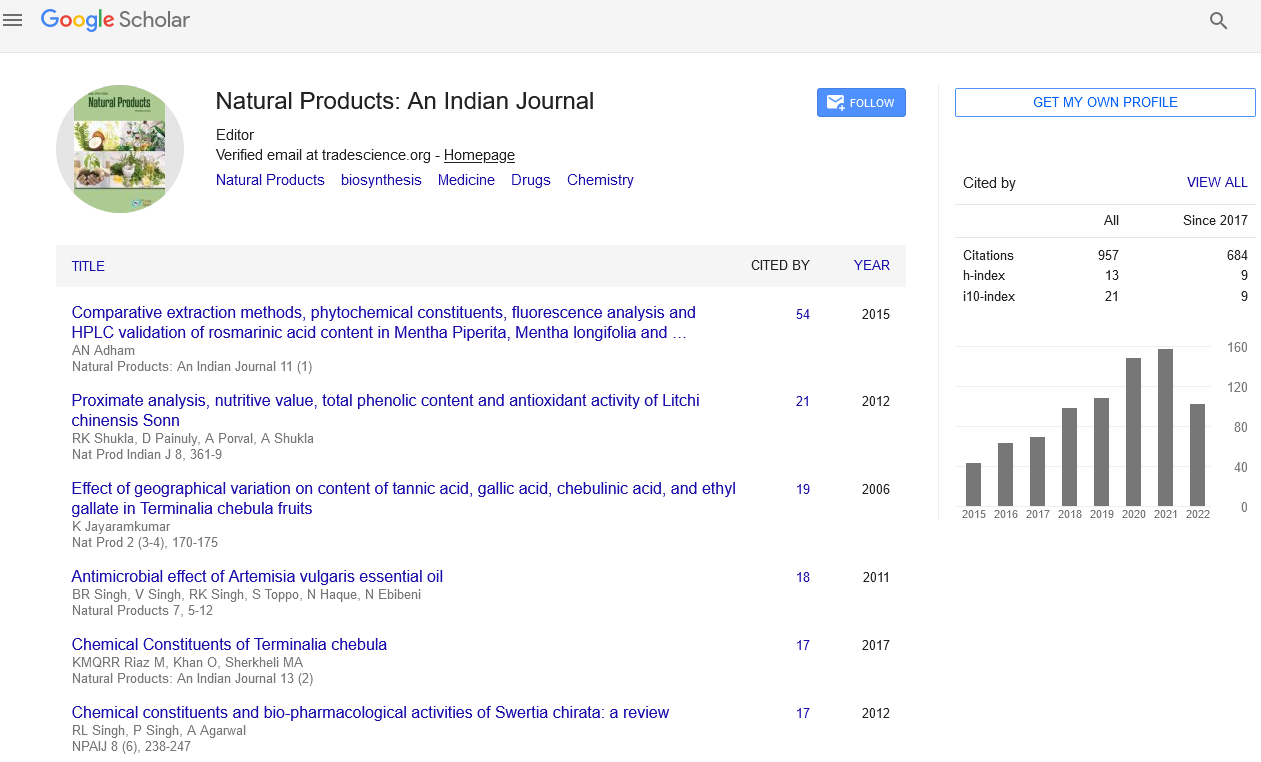Abstract
Measuring Resilience Capability of Drought-prone Desert Communities: A Case Study of Tharparkar, Pakistan
Author(s): Shesh Kanta KafleThe purpose of this paper is to propose a mathematical index to measure the resilient capability of drought-prone desert communities in Tharparkar, Pakistan. The paper analyses the constructs and definitions of the term resilience, describes the concept and practical applications of the integrated programming approach, present key findings of the integrated vulnerability and capacity assessment at the community level and provides a unique method for measuring disaster resilient communities following the process and output indicators. Ten process and eight outcome standards with 50 and 94 resilience indicators respectively were applied to measure the resilience capability of the community. The overall resilience index of the community was 51%. The overall process value of the community was 56% whereas the outcome value was 45%. This method of resilience measurement can be used for comparing the resilience status of the communities, progress monitoring and impact evaluation of any disaster risk reduction and resilience building interventions. The research findings provide a unique method for measuring community resilience capability in any hazard prone areas. The overall resilience index is site and context specific and should not be loosely used. However, the overall method and the mathematical index can be widely applicable. The tool can be used for baseline survey, progress monitoring and final evaluation of a disaster risk reduction interventions at the community level and final evaluation. The tool is simple, participatory, less time and cost consuming and requires less sophisticated data for the calculation. A wide application of the tool in various hazards and different social-economic and cultural contexts is recommended.

